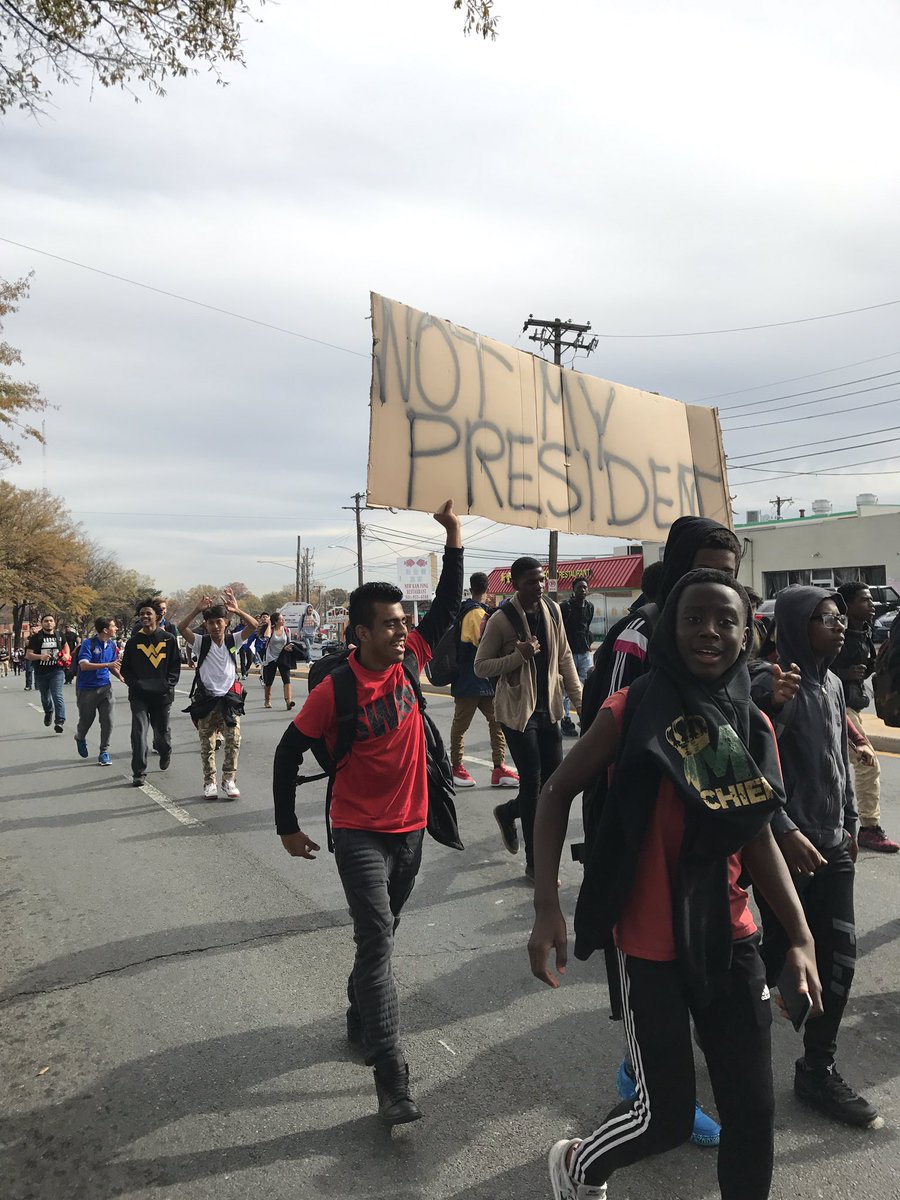Caucuses are essentially an adjunct to the formal party and rigid committee structure within Congress, and their rapid growth from the 1980s through the mid-1990s reflects two major factors. The first is the increased complexity and overlapping nature of issues that members of Congress must deal with. In recent years, media attention, use of the Internet and a proliferation of special interest and advocacy groups have placed enormous demands on members of Congress to know about and respond to a dizzying array of issues. As one congressional staffer put it, “So many members hire staff with no experience. There is no expertise in certain areas. We need caucuses so expert information can be gathered and shared.”
The second factor is the need and desire that members feel for leadership opportunities, name recognition, and the appearance of taking prominent roles on matters that concern their constituents. Junior members are much more likely to belong to caucuses than are senior members, and to use these caucuses to make names for themselves and expedite their rise through the ranks.
When former Rep. Newt Gingrich (R-Ga.) came to Washington he had little standing in his party or in the House. Freshmen rarely do. Dissatisfied with party leadership, and with the slow turning gears of the machinery for change, Gingrich, along with Vin Weber (R-Minn.) – both considered “young Turks” in the House – in 1983 founded one of the earliest modern caucuses: the Conservative Opportunity Society (COS). Thus began Mr. Gingrich’s meteoric rise and launch in 1994 of the famous “Contract With America.”
The role of caucuses in catapulting members to fame, or infamy, continues today. Former Rep. Tom Coburn’s (R-Okla.) role as a founder of the Congressional Family Caucus was disparaged when he was critical of the movie “Shindler’s List,” and highlighted when he accepted an invitation to attend a meeting with the Log Cabin Republicans – an organization of gay Republicans, whose views the Congressional Family Caucus has repeatedly held in contempt.
Sen. Mary Landrieu (D-La.) is another example of a congressional newcomer whose role on a caucus helped her play a significant role in important youth-related issues. The Congressional Caucus on Adoption, co-chaired by Landrieu, with Sen. Larry Craig (R-Idaho), Rep. Ann Northup (R-Ky.) and Rep. Oberstar, maintains that it does not take positions on particular pieces of legislation. Its purpose, according to staffer Kerry Marks, is to educate Congress about issues related to adoption and foster care, and to promote public awareness of adoption. Its work, however, has helped to spur more legislative activity related to adoption than was seen in previous Congresses, including the 1997 Adoption and Safe Families Act and this year’s proposed Hope for Children Act (a reauthorization and improvement of the Adoption Tax Credit).


























